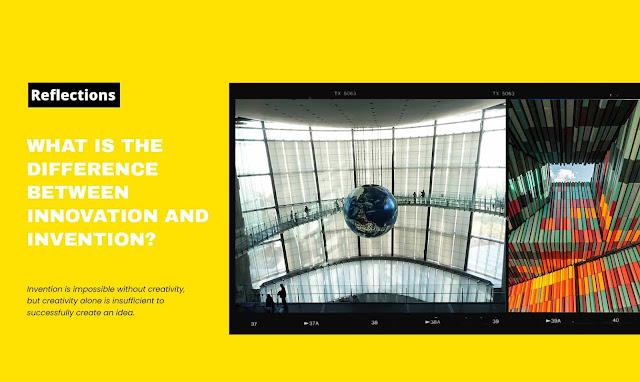What is the Innovation Process? Importance, Steps, Types and Examples

How amazing it is being able to form ideas and concepts through the genius of the human brain. This process is termed as the Innovation Process. The most interesting thing about innovation is, in fact, being able to turn an idea into a successful project. However, the innovation process is a complex process. What is Innovation? The Innovation Process is the structure that ensures your innovation team has novel ideas and the ability to successfully implement them. With the innovation process, you have a strategy that compels you to drag it all the way to the finish. It also increases the efficiency of actions, as it places innovation that is continuous. Importance of the Innovation Process Ensures business survival : Some companies have been on the market for years and, therefore, remain in their comfort zone. Meanwhile, other businesses are investing in the Innovation Process to meet the current needs of the consuming public. Organizes internal processes : Innovation manage...


